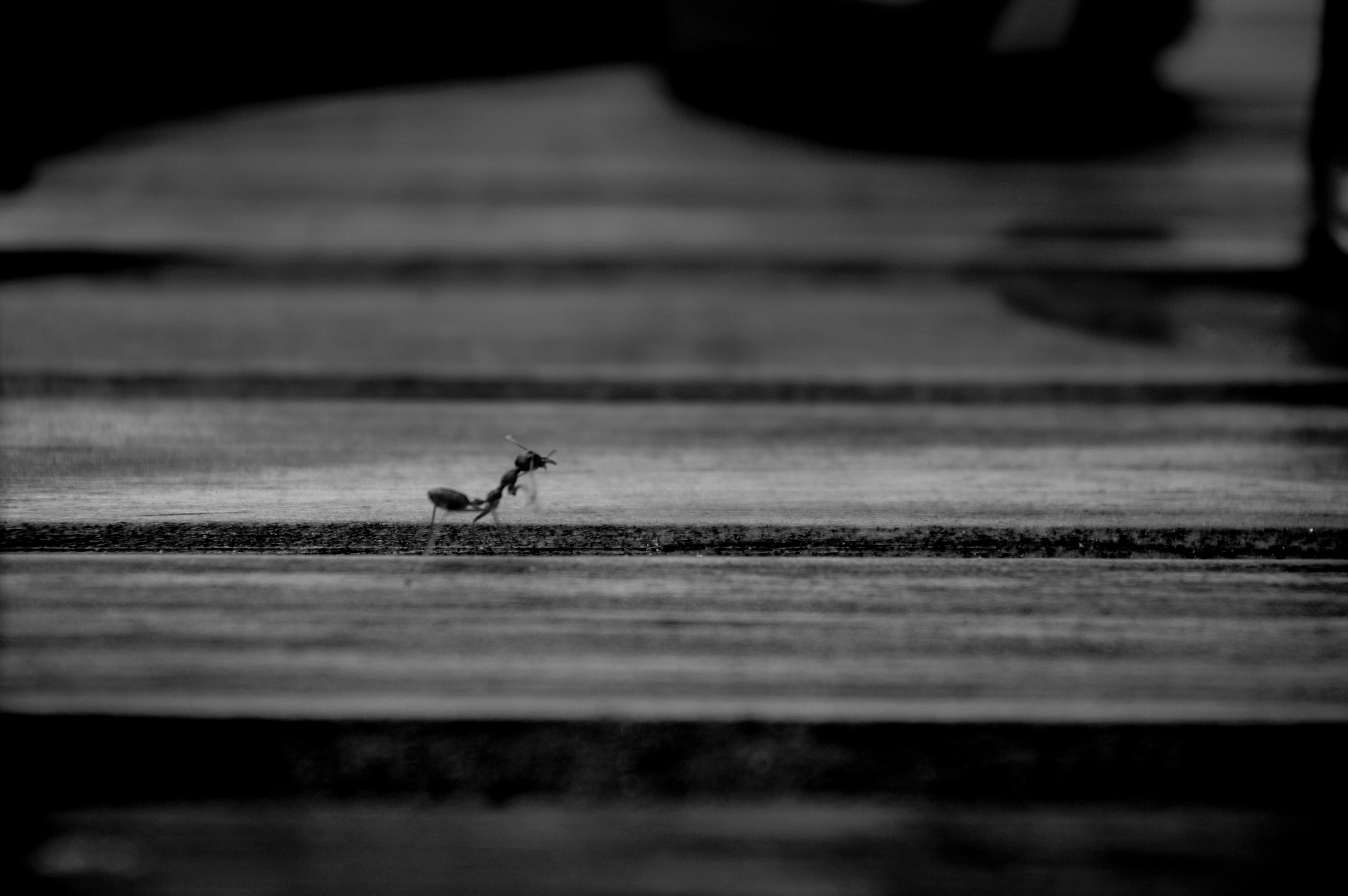From what remained of the dream in the morning, I can recall only that it was a beetle of some kind. Painlessly living in my finger somewhere, and vibrating a lot. Or shuffling unsettlingly and drawing attention away from more important things, like rest, and calm, and life. Opinion, unsurprisingly, differs on what an insect in a dream means.
Anxiety is one explanation. Hypersensitivity and loss of control was another. Both might fit, or – to wear my rational hat for a moment – I’m simply picking definitions for their literary resonance out of the incoherent woo of explanations that exist for things like dreams. Though even without the woo, there’s something present in the picking. Choices about the meanings of things like beetles under skin are choices nonetheless. Made out of the connection between some internal locus, and a messy hail of possible ideas. Of all that a beetle could represent, it feels like anxiety, and that’s a good enough ground to believe it is.
Which is not particularly surprising, since it came the night of the video in the ethnic studies class. The one about the village in Bosnia that turned on itself as the thumping artillery gnawed its way over the green hills. As the men with guns began to dig trenches around their world, and the time for killing drew closer with every friendly coffee refused. Every conversation not had.
The video about the village where some friends lost everything, and some friends lost nothing. Fifty six minutes and twenty two seconds of seeing nearly everything be lost. Then back to a warm class in the university for questions and discussion. Back to a world where nobody would think of taking from us as they took from those families. Because we are attached to the power of a world that keeps us safe from those places, yet lets us visit them. Lets us study them. Lets us use their photos in powerpoint slides. Decorating discussions of “what is a new war?” with pixels made of dead families and tears, heat and sick, gravel and pain.
The place the beetle comes from is the place that we are told to bear in mind when we say that violence is more than physical force. That it’s structure. That it’s in the stories that make the killing and the raping and the despair nothing more than normal social noise. So many screams piled upon each other, far enough away that they’re just a muddled thunder.
So we learn that violence is more than physical force, then move to become complicit in pretending that’s not, in fact, the case. ‘Oh yeah. Cultural and structural violence is so terrible.’ Then let’s use another slide of a man cradling his dead whatever, without any captions, because it’s all, y’know, just representational. We can talk of violent conflict in generic terms, as long as we pause once in a while for a reflection about it being very serious, and contextually specific.
Then we nod, and we forget completely how compromised we are. That there are jobs in policy studies – lovely ones – where being able to speak about distant pain with the right accents, the right words, and the right powerpoint slides can a comfortable life make. Sometimes, if you are just the right kind of blind, you can be rather clever in making critiques about people using their knowledge as a kind of unhelpful, violence-reproducing power. Then continue doing so, because critiques are a grand old way of acknowledging the somethings that are wrong, without the difficulty of locating yourself in those difficult, unethical relationships.
But I suspect that when you are good at doing that, you don’t get a beetle. I have had a beetle.
A beetle, and memories of the things on the hard drive in my cupboard that I’ve not listened to in toto since they were recorded in Uganda. The things that I’ve been unable to not think about weekly since I heard them. The video called the beetle, and the beetle has brought those memories back. Or the memories have simply found legs, and been crawling for a while.
It’s not really important what the order is. Like the meanings of beetles, things are what they make sense as being.
So where, beetle, do we go? The fifty-six minute lives, and the memories exist. They are accounts of things that I cannot understand directly. That, please god, I never have to. But those accounts remain real, beetle. And I want to not be complicit. To not pretend that it’s acceptable for the photographs of the dead and dying to be shorn of their explanations. To not presume that my journal readings give me a right to speak over those stories, or that my qualifications give me even the faintest clue to imagine what the face of justice looks like beneath skies that aren’t my own.
I want to do what is right beetle. Right as far as I can see my way to doing. I want to draw human lines in the theoretical sand, that the normalising language and the assumptions of knowing will break against.
I want to say “no, I will not reduce this. I will not speak for it. I will not appropriate it”, when no needs to be said. And I want to be able to remember, at all the right times, of how much I can’t understand, how much I don’t have a right to. And how much, sometimes, that’s the only human outcome.
Oh beetle. It’s hard.

